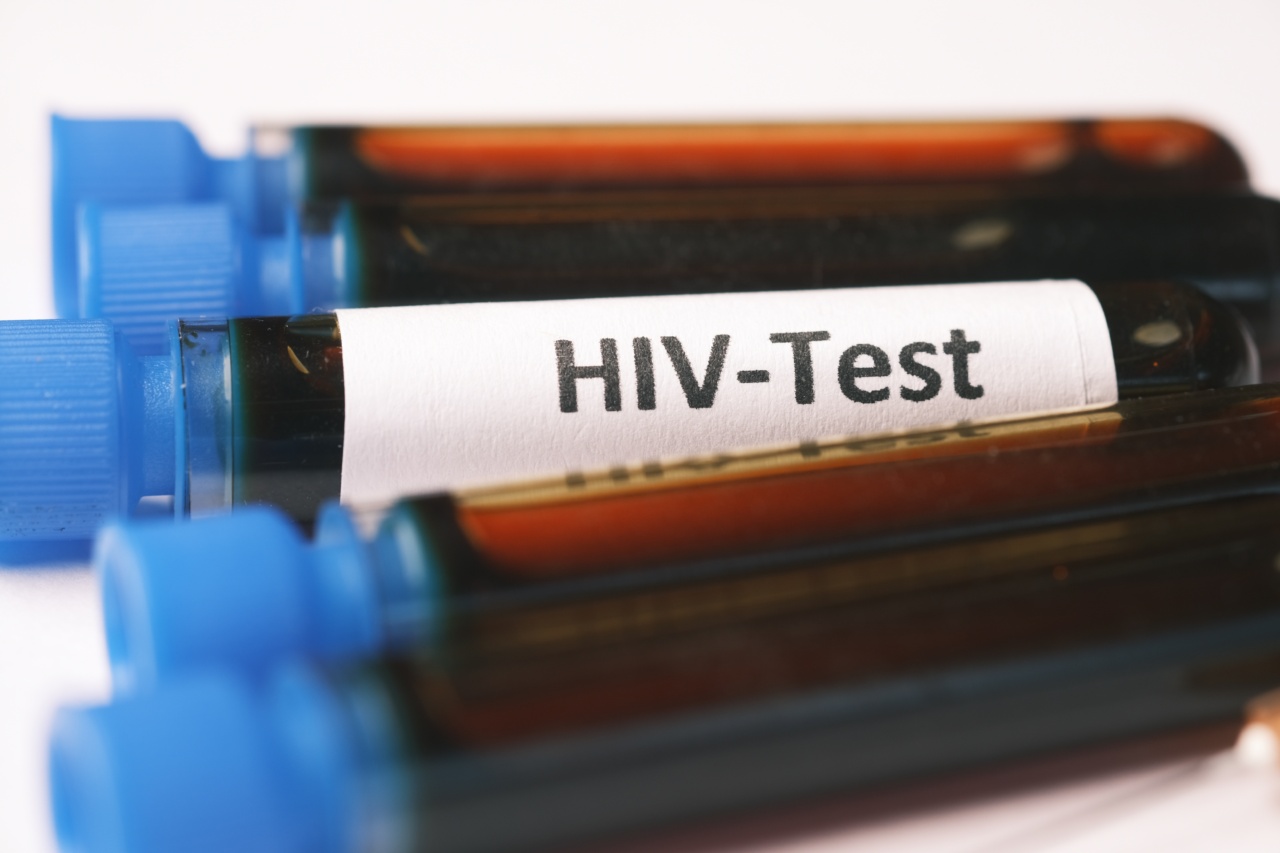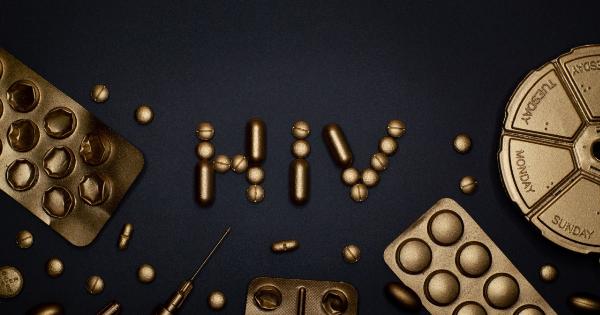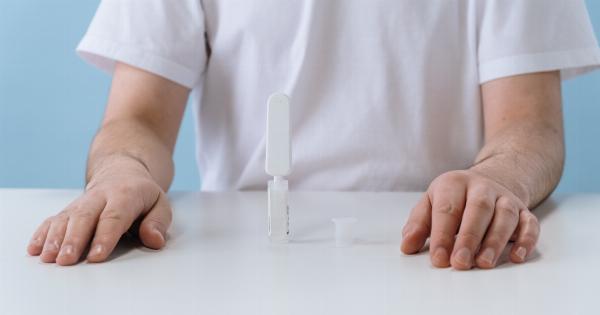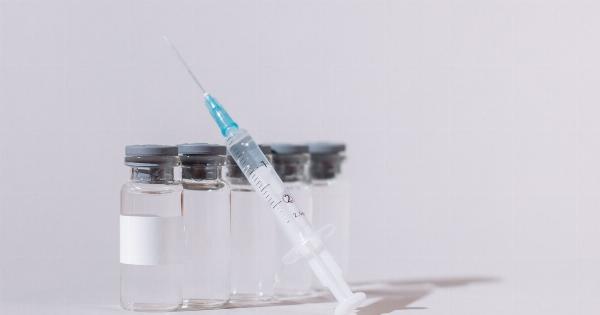HIV (Human Immunodeficiency Virus) is a virus that targets and weakens a person’s immune system. It is transmitted through body fluids such as blood, semen, vaginal and rectal secretions, and breast milk.
It is most commonly transmitted through unprotected sexual contact, sharing of needles or syringes, and from mother to child during pregnancy, childbirth, or breastfeeding. HIV is a serious and potentially life-threatening condition and affects over 38 million people worldwide.
Free Testing for HIV
Early detection and treatment of HIV are essential in order to live a healthy and productive life. HIV testing is a key component in diagnosing the virus, and it is important to get tested regularly.
The good news is that there are free testing clinics available for those who are unable to afford private testing. In the United States, clinics such as Planned Parenthood, local health departments, and community health clinics offer free testing services to anyone who wishes to get tested.
The testing process is relatively simple and can take as little as 30 minutes. Most clinics offer confidential testing, meaning your results will only be disclosed to you.
However, some states require that positive results be reported to the health department in order to monitor the spread of the virus.
If you are unsure about your HIV status, it is important to get tested. Early detection and treatment can significantly improve your quality of life and reduce the spread of the virus to others.
Recent Developments on HIV
Over the past several years, there have been significant advancements in HIV treatment and prevention. Below are some recent developments:.
HIV Prevention Pill
Also known as PrEP (Pre-Exposure Prophylaxis), this pill is taken daily by people at high risk of HIV infection. The medication contains two antiretroviral drugs that prevent HIV from replicating in the body.
The pill is highly effective, reducing the risk of HIV transmission by up to 99%. It is important to note that while PrEP is highly effective at preventing HIV transmission, it does not protect against other sexually transmitted infections.
One Pill, Once Daily Treatment
The development of one pill, once-daily treatment for HIV has made it easier for those infected to manage the virus. These daily regimens contain a combination of antiretroviral drugs that suppress the virus and prevent it from replicating in the body.
This treatment has significantly improved the life expectancy and quality of life for those living with HIV, reducing the amount of medication needed to be taken each day.
HIV-Positive to Negative: Bone Marrow Transplant
A recent breakthrough in HIV treatment saw the successful transition of an HIV-positive man to HIV-negative through a bone marrow transplant.
The transplant was carried out as a treatment for cancer, and the donor was selected because they carried a rare HIV-resistant gene. Since the transplant, the patient’s HIV is undetectable, and he has been off antiretroviral therapy for over two years.
HIV Vaccines
Researchers are continuing to develop vaccines to prevent and treat HIV. Several promising vaccine candidates are currently undergoing clinical trials.
Though there is still no cure for HIV, vaccines offer hope for the prevention of new infections and the suppression of the virus in those infected.
The Bottom Line
Despite the serious and potentially life-threatening nature of HIV, there have been significant developments in both prevention and treatment.
Getting tested regularly is an essential element in the fight against HIV, and there are free testing clinics available for those who are unable to afford private testing. With the development of PrEP, one pill, once-daily treatment, and promising developments in vaccines, there is hope in the fight against HIV.























